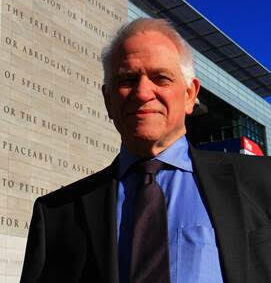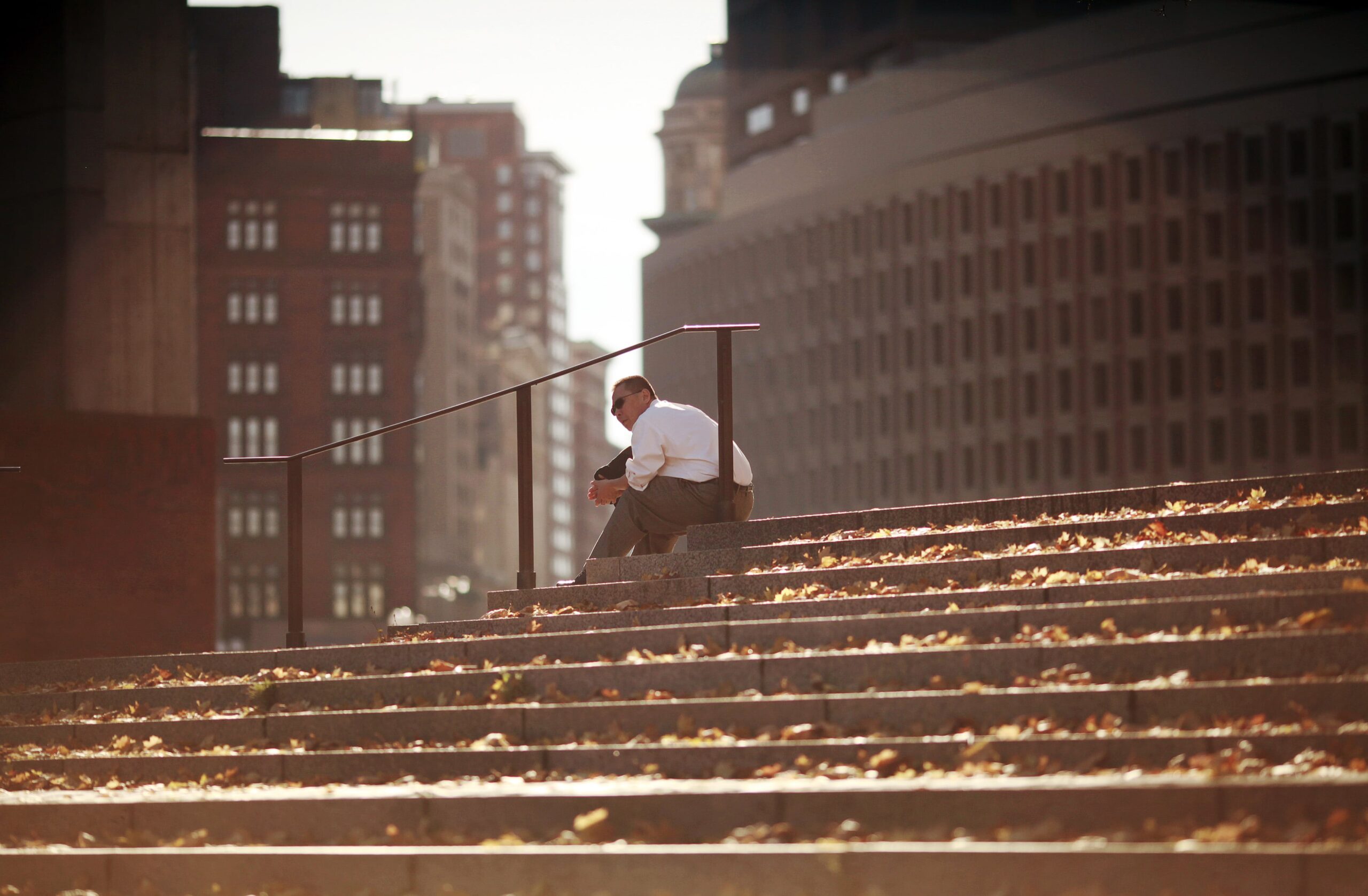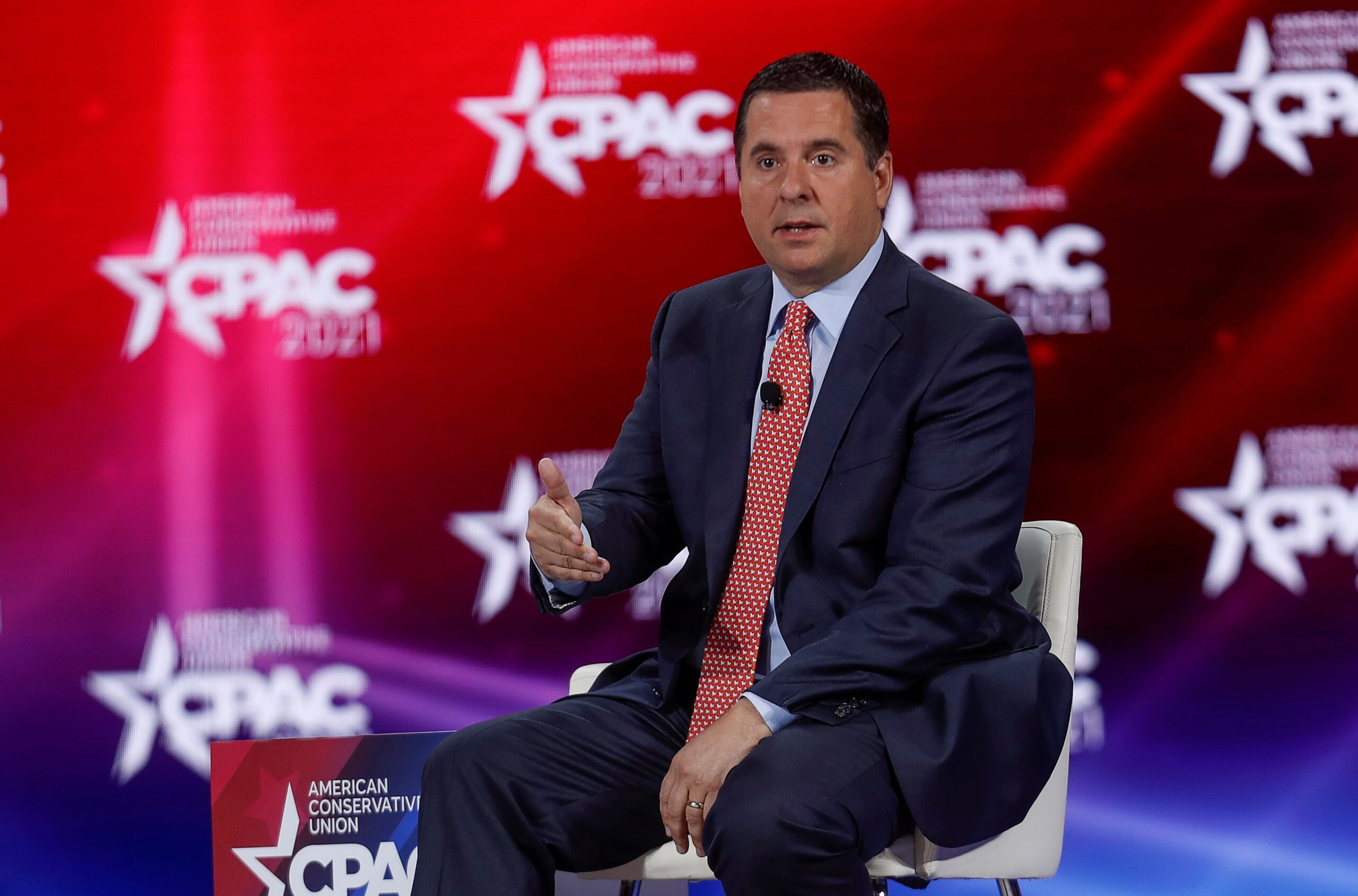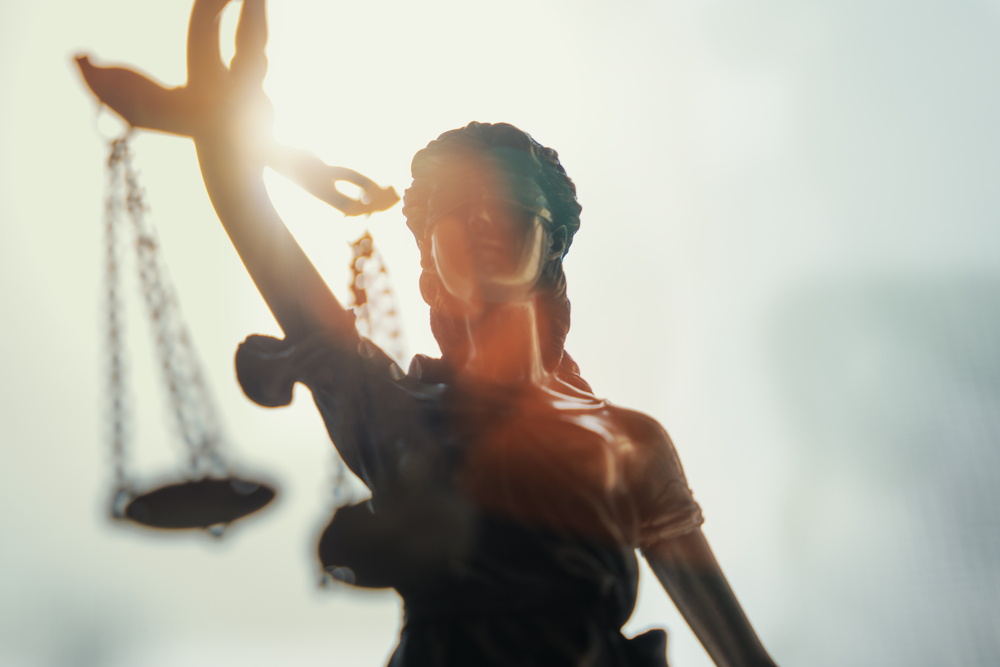Punishing Disney for Opposing Florida’s ‘Don’t Say Gay’ Law Poses Serious First Amendment Problems
Florida has placed itself at odds with the well-settled First Amendment rule prohibiting government officials from “subjecting an individual to retaliatory actions . . . for speaking out.” Hartman v. Moore, 547 U.S. 250 (2006).
Will a Supreme Court Decision Bring Clarity to the Government Speech Doctrine?
A pending case before the United States Supreme Court about flags and flagpoles could determine two crucial questions for First Amendment law: (1) who is speaking—the government or an individual; and (2) when does the government create an open forum for freedom of expression.
Federal Appeals Court Reinstates Devin Nunes’ Defamation by Implication Claim
Congressman Devin Nunes’ (R-CA) defamation lawsuit over an Esquire article about his family’s dairy farm was reinstated in part on September 15th by a three-judge panel of the Eighth U.S. Circuit Court of Appeals. The panel reasoned that Nunes’ complaint stated a plausible defamation by implication claim that should survive a motion to dismiss.
The Supreme Court's ruling in Mahanoy Area School District v. B.L. was a big victory for cheerleader Brandi Levy. Still, George Washington Law Professor and student speech expert Catherine J. Ross warns that the decision left unanswered many questions regarding school's authority to regulate off-campus speech.
The Pentagon Papers Case—David Rudenstine on its Meaning a Half Century Later
"The Pentagon Papers case affirms fundamental values and principles. Truth matters— facts matter. The role of the press in the American governing scheme is to serve the 'governed' and not the 'governors.' The protection of a 'cantankerous press, an obstinate press, a ubiquitous press' is essential to a vibrant and strong American democracy. That is the profound and enduring meaning of the case," Cardozo Law Professor David Rudenstine writes.
Fifth Circuit Rules A Public School Employee’s Criticism of a Superintendent Isn’t Protected Speech
On June 17th, the Fifth Circuit Court of Appeals ruled that an employee’s speech who criticized a school superintendent was made pursuant to his official job-duties and, thus, fell within the large ambit of Garcetti v. Ceballos (2006). The decision shows the vast reach of the U.S. Supreme Court decision in Garcetti that created a categorical exception for job-duty speech that limited public employee First Amendment retaliation claims.
A prisoner rights group had its First Amendment claim against an Arkansas county’s ban on inmate mail other than postcards reinstated by a divided federal appeals court panel. The panel reasoned that the district court needed to make factual findings on whether there were other ways the prisoner rights group could have communicated with the inmates.
Colorado Supreme Court Rejects First Amendment Challenge to Lawyer Disciplinary Rule
A Colorado rule prohibiting lawyers from referring to individuals during a legal process with language exhibiting bias or animus on the basis of sexual orientation does not violate the First Amendment, the state’s high court has ruled. The ruling came in the case of an attorney who was disciplined for calling a judge a “gay, fat, fag.”







